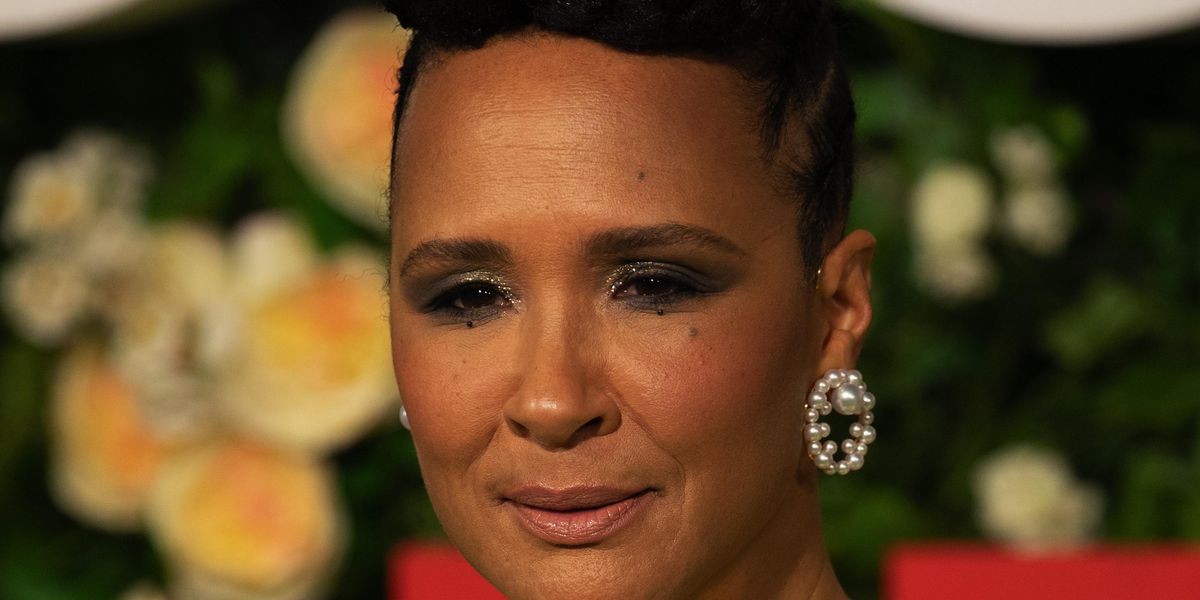
In a recent “Just for Variety” podcast, actor Golda Rosheuvel shared the shocking early-career story of an out, lesbian director who warned her against being openly queer in the entertainment industry.
“[It] blew my mind,” the Queen Charlotte actress shared, “We were talking about being out and proud and representation and whether I should say I was gay in interviews.”
Despite the director’s own identity as an openly lesbian filmmaker, her answer to Rosheuvel was “an absolute no, ‘You absolutely shouldn’t do that,” the Screen Actors Guild Awards nominee recounted their conversation. “It could or it would ruin your career as an actor.”
Rosheuvel’s career has been anything but dampened. Her role as Queen Charlotte has captured the hearts of the expansive Bridgerton fanbase, so much so that she's reportedly getting her own mini-series spin-off in production now, with India Ria Amarteifio to play the young Queen. We’re guessing Rosheuvel’s mentorship of the budding actress will include less censorship.
“I would rather lose a job than not be true to who I am,” Rosheuvel recalled her response to the unexpected advice. “I’d rather not work in an industry that doesn’t accept me. It just wasn’t how I was raised.”
In a changing industry, Rosheuvel has found her place and flourished, and will be honored April 30 by the Human Rights Campaign with this year’s Equality Award.
"I’m out and proud," she says. "My sexuality is really important to me in terms of existing, knowing that I’m important. I’m as important as anyone on the planet ... The mere fact that you’re on the screen. The mere fact that you’re in Bridgerton as a Black, biracial, cis-gender, lesbian playing the first Black queen of England. The fact that you’re there is immense.'"
All hail the queen for following her own heart, and inspiring others to do the same.
"It’s important for me to be out and proud and to normalize things for that one person, that one young boy or girl or transgender or non-binary [person] to be able to say, 'I'm not alone.'"
Photo via Getty/ John Phillips/ WireImage